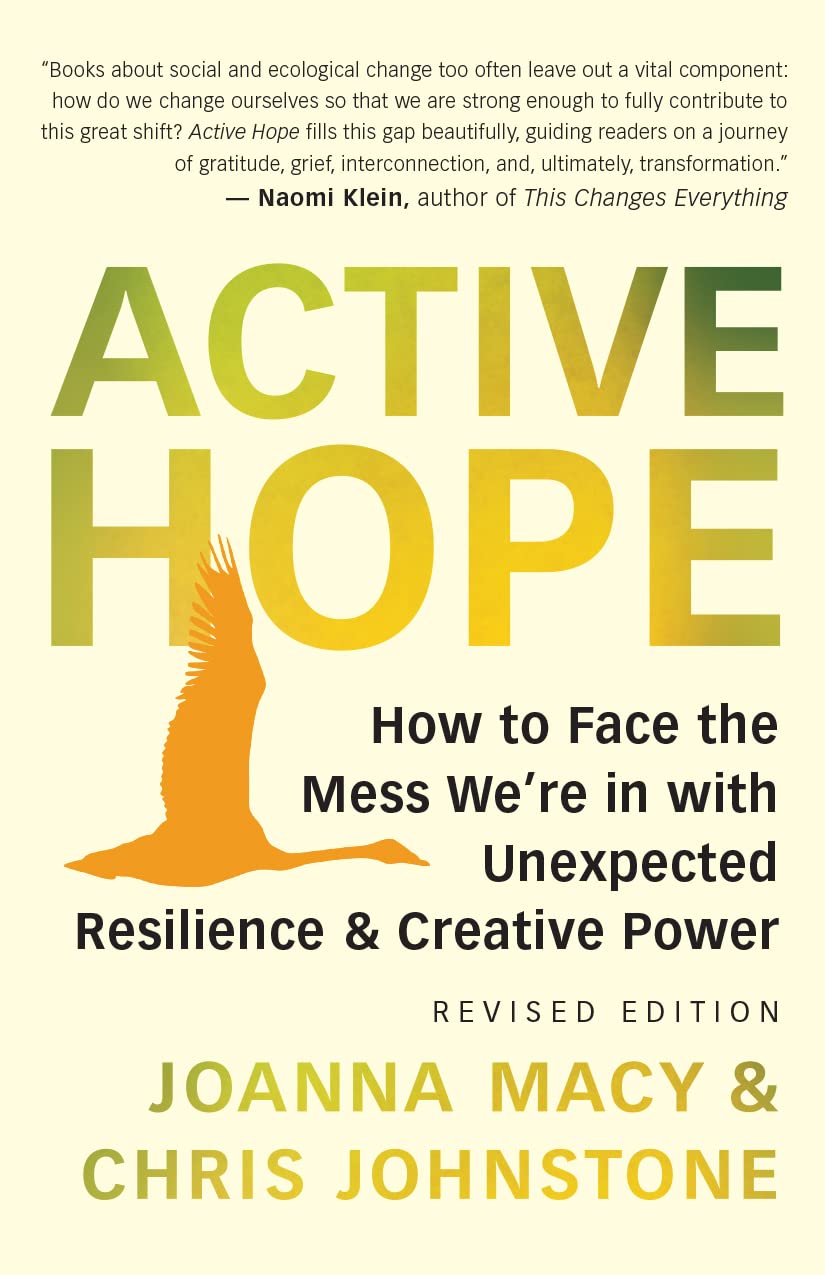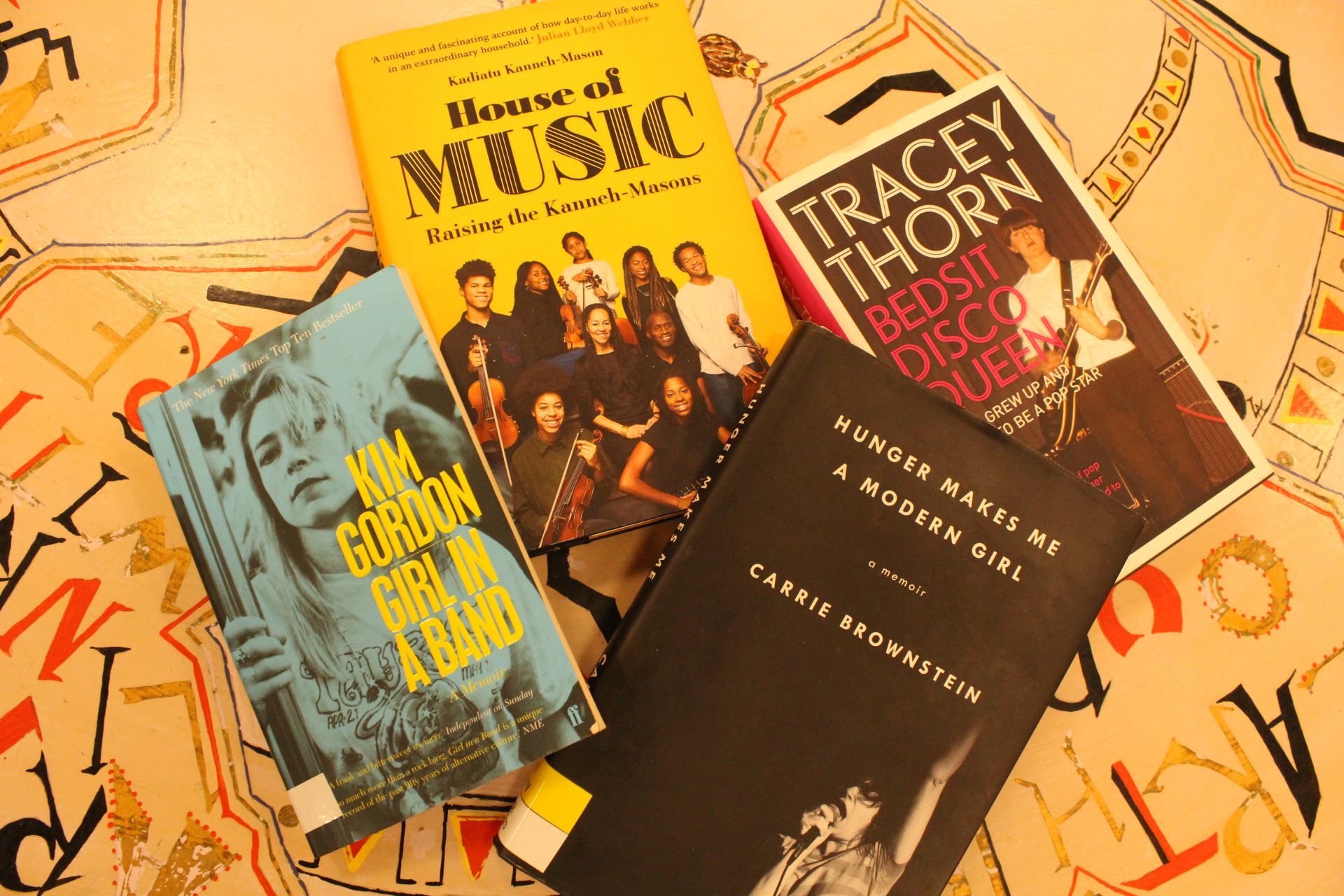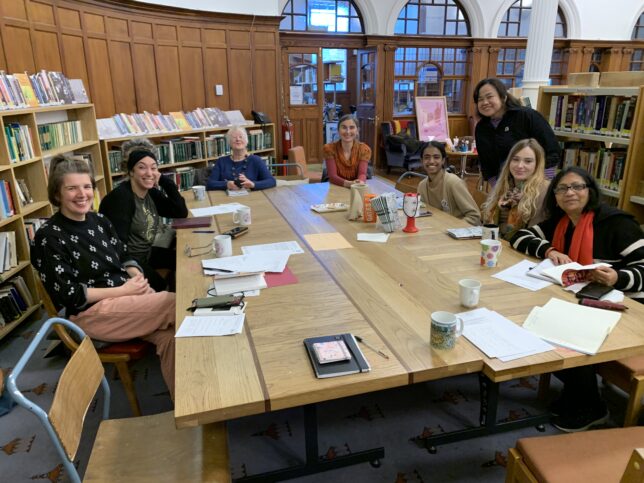Nisha recommends:
Collapses in Public Places and Apologies for Absence by Julia Darling and The Poetry Cure, edited by Julia Darling and Cynthia Fuller
So many writers spring to mind when contemplating how death can affect a life’s work. Virginia Woolf and Sylvia Plath appear instantly, two astonishing and accomplished female writers who are rarely read outside their biographical contexts: is Woolf’s mental state evident in her feminist tirades; does Plath’s closing poetry contain clues of her grim plans? It seems unfair and unnecessary for their writings to be so tainted by their personal lives, and the women in question would undoubtedly dispute such readings. Their artistic aims were never principally to share personal experiences.
Julia Darling is a different writer from a different age; contemporary poetry is commonly used to express emotions, confess secrets, and encourage readers to empathise and identify. Darling died from breast cancer, an illness she wrote about with full awareness. Hospitals, pain and dying were deliberated subjects. Rather than the cold medical jargon used by hospital staff, Darling envisioned new ways of understanding illness, a patient administered poetic cure: “Poetry should be part of every modern hospital, not just as something to keep patients amused. It’s a powerful force, which can help us through the darkest times…Poetry can save lives!”
Describing her own experiences with humour, acceptance, and uncomfortable exposure, the poetry in these collections can oscillate unpredictably between distressing and enjoyable: “Why would I want to plant nasturtiums? For whom am I making a bright garden? There is nothing I want in the shops. What is the point of cake?” But it was not Darling’s intent to put readers off with her persistent and harrowing details of cancer. She shared her personal life to offer support and comfort; and to tell those suffering in silence, confusion and fear that they do not suffer alone.
Darling’s family chose her poem ‘The End’ (from Sudden Collapses in Public Places) to epitomise her death; perhaps Darling wrote the poem knowing that one day it might serve as solace: “We often discover, after a death, poems written by our loved ones during an illness. The process of typing up, ordering and maybe printing these poems for relatives and friends can be immensely healing, like a last message to the living.” Darling would not let death take away from her work, and she helps us to understand that we must not fixate on the tragedy – we must focus on the lives and messages living on in the words.
Then the door opened
soundlessly, and I climbed out of bed.
It was like slipping onto the back of a horse,and the room folded in, like a pop up story
then the house, and the Vale. Even the songs
and prayers tidied themselves into groovesand the impossible hospital lay down its chimneys
its sluices, tired doctors, and waiting room chairs.
And I came here. It was easy to leave.
(excerpt from End)





